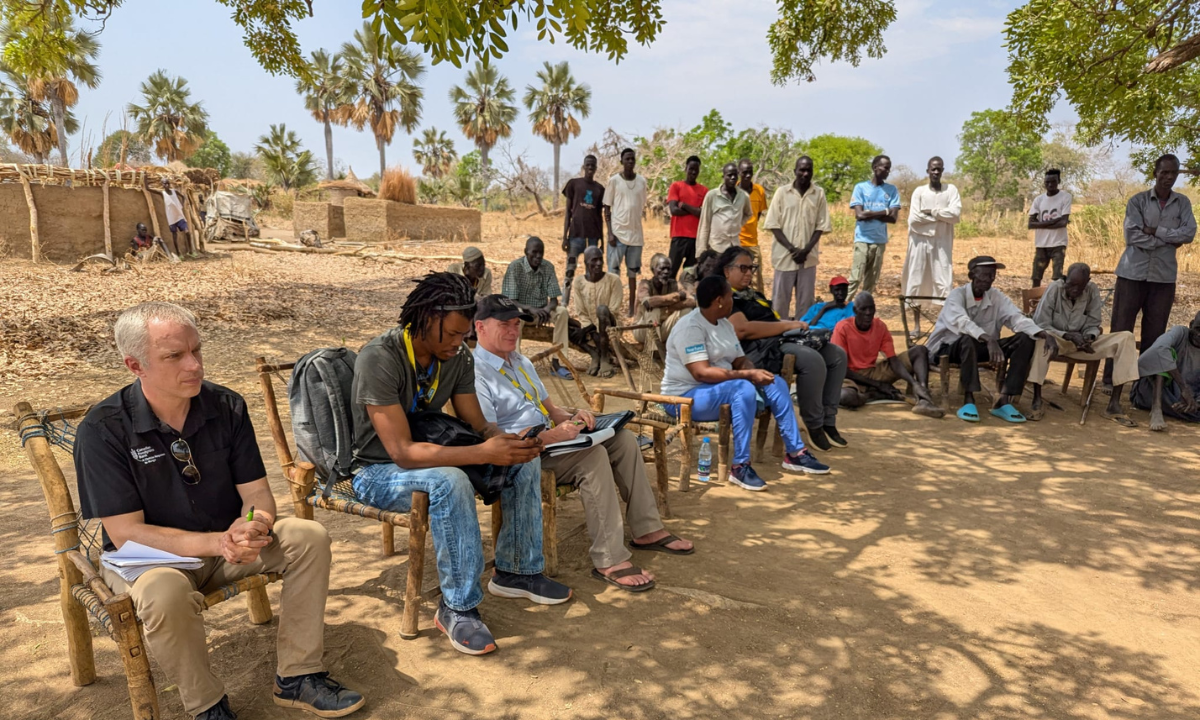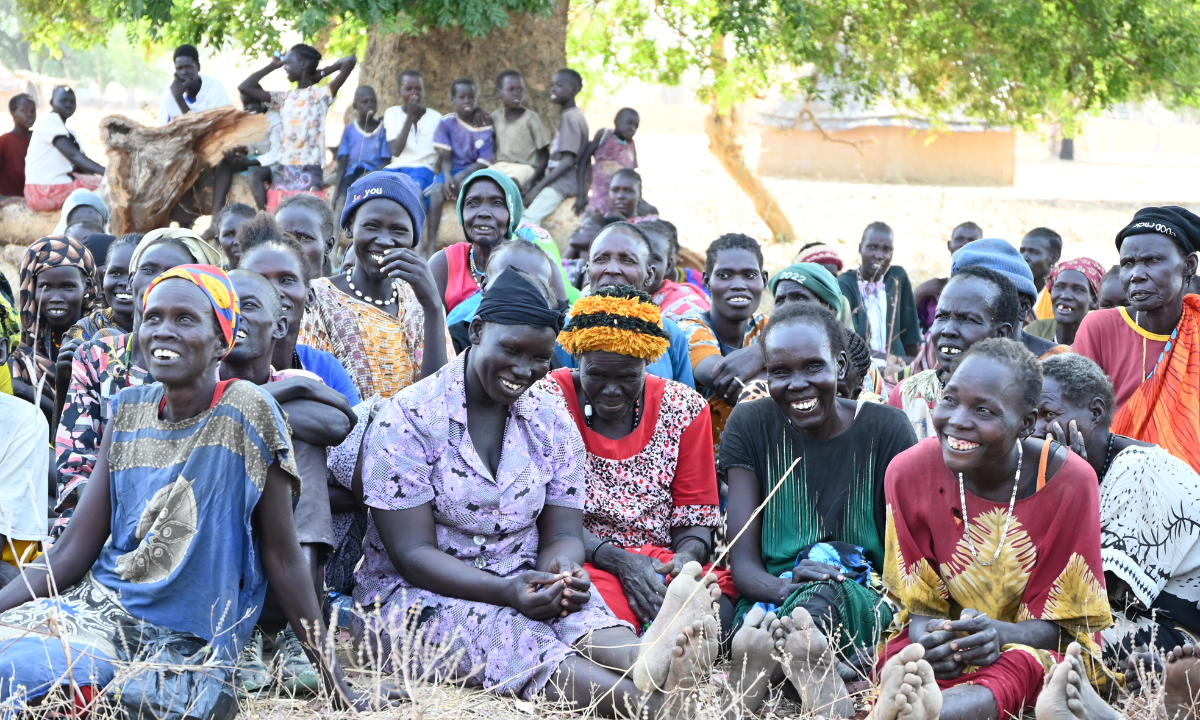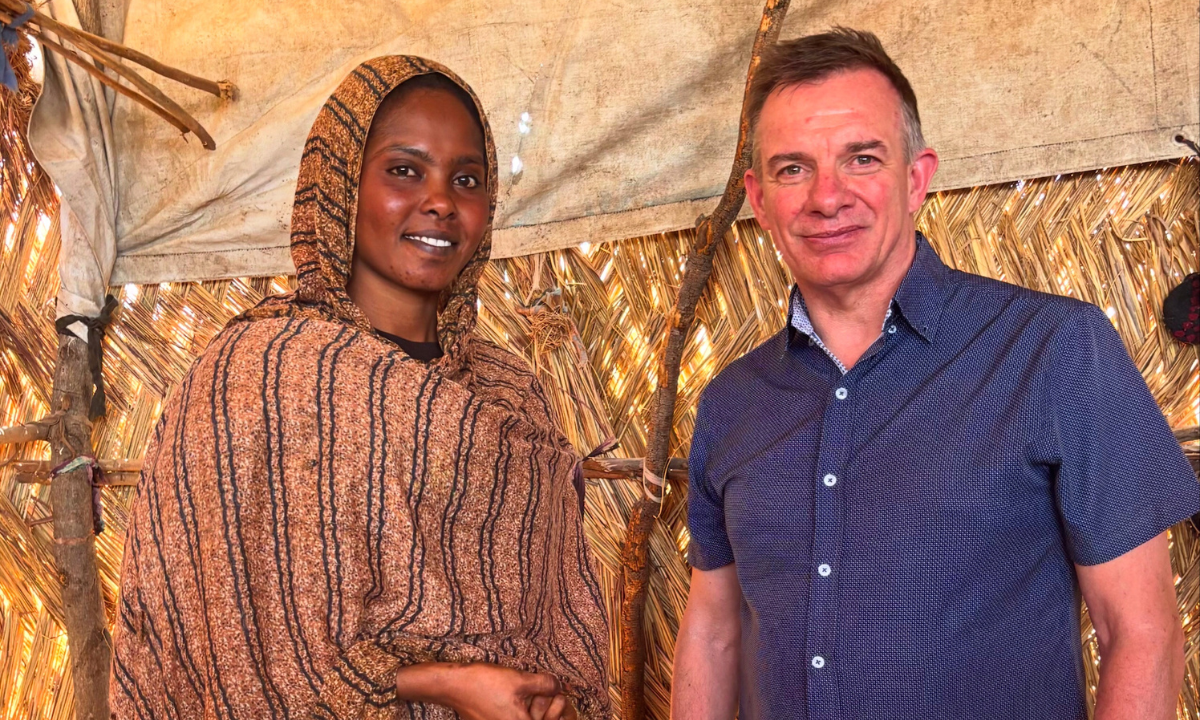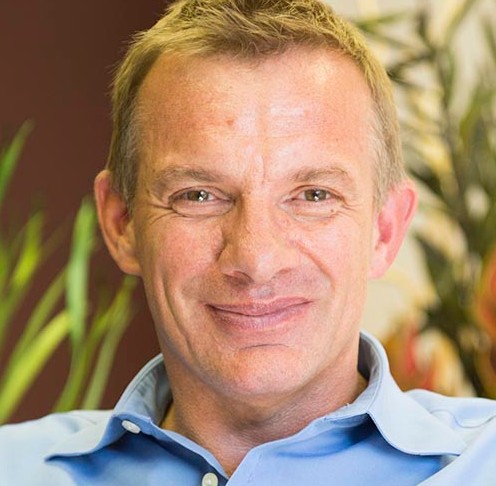OP-ED: Five things I learned in South Sudan about the future of aid (and the crucial ways Canada can help)

I’ve just returned from a visit to South Sudan, where I observed the programs of Canadian Foodgrains Bank members and assessed the profound impact of the cuts to U.S.A.I.D.
Below are five key lessons I learned during my time there:
The Disastrous Consequences of USAID Cuts
The reductions in U.S.A.I.D. funding have caused catastrophic upheaval within the global aid system. The disruptions on the ground are staggering, and people are filled with fear and confusion about their future.
Emergency food aid delivery has been severely hindered, leading to an alarming increase in hunger at a rapid and devastating pace.
Lives Are Already Being Lost
People are already dying. At the childhood malnutrition centre and other facilities we visited, we saw firsthand the devastation caused by these funding cuts.
According to an analysis by the Center for Global Development, an estimated 550,000 people could perish within a year without U.S. funding for food aid. It’s started. We saw it. It’s happening now.

The Critical Role of Canadian Support
As other nations withdraw, Canada must rise to the challenge and remain a leader in providing humane and compassionate support for the world’s most vulnerable populations.
Repeatedly, South Sudanese government officials asked us whether Canada could fill the gaps left by others’ departures.
Our response was twofold: first, we don’t speak for the Canadian government, and second, we could never have the capacity to do what U.S.A.I.D did.
However, there are crucial ways in which Canada can help.
By continuing to support key areas such as food aid and emergency nutrition for children, Canada can help ensure that vital services persist in some of the world’s most fragile regions.
We must stand strong and resist the pull of nationalism. Humanitarian and longer-term aid is an investment in the future of all nations, and retreating behind our borders will have far-reaching consequences in the years ahead.
An Opportunity for Meaningful Change
On a more hopeful note, the current crisis presents a unique opportunity for transformation.
For years, the humanitarian sector has discussed the need for localization and greater efficiency. Now, this is an opportunity to move beyond theory and into practical action.
The global aid landscape has changed so dramatically in just a few weeks that it will never return to what it was. While a shift in this manner is not what we would have chosen, it presents a chance to rethink how we deliver aid, and we must seize this opportunity to do better.

The Most Profound Lesson
Above all, I was reminded of the fundamental truth that every human being is equally human. No one, regardless of where they live, is more human than another.
I met Miriam, a refugee from Sudan, who was desperate for help amid unimaginable despair, while those around her wondered if it would have been better to die in the war than starve to death.
I spent time with Aluel, a woman taking in South Sudanese returnees, offering shelter without support simply because it was the right thing to do.
I spoke with Moses, a volunteer at a childhood nutrition center, who, amidst the loss of funding, continued to ask for help, surrounded by mothers holding their malnourished children.
These experiences were heartbreaking and distressing, but they underscored a powerful truth: there is no “other”—there is only us. Any of us could find ourselves in their shoes.
In a time when empathy is increasingly treated as a vice, we must not turn our backs on the world’s most impoverished. To claim to be compassionate is meaningless if we do not act. And the time to care and to act is now.

